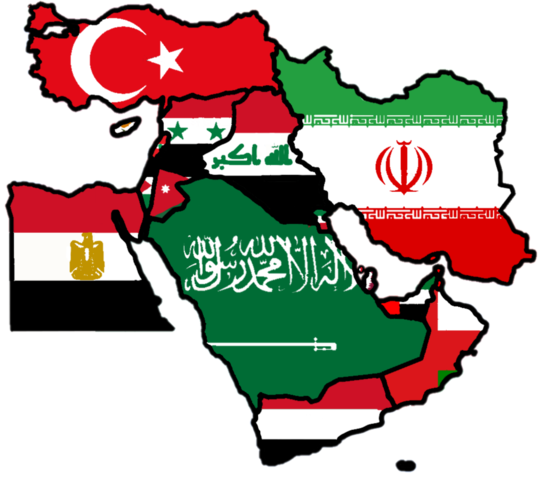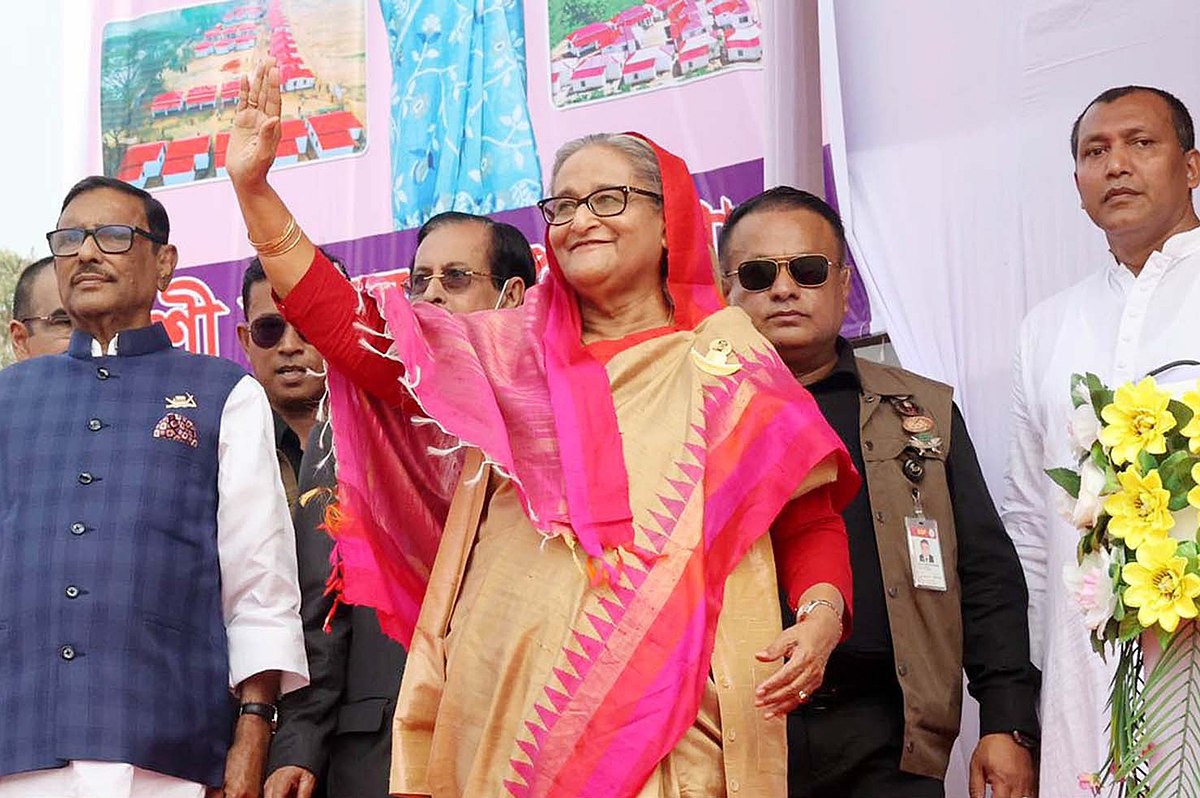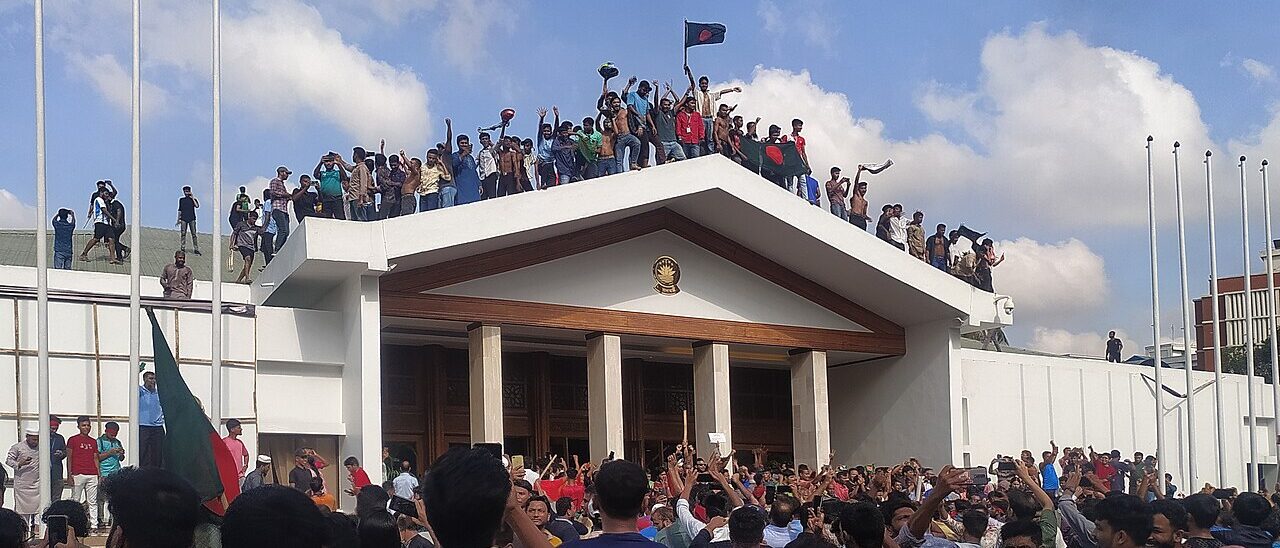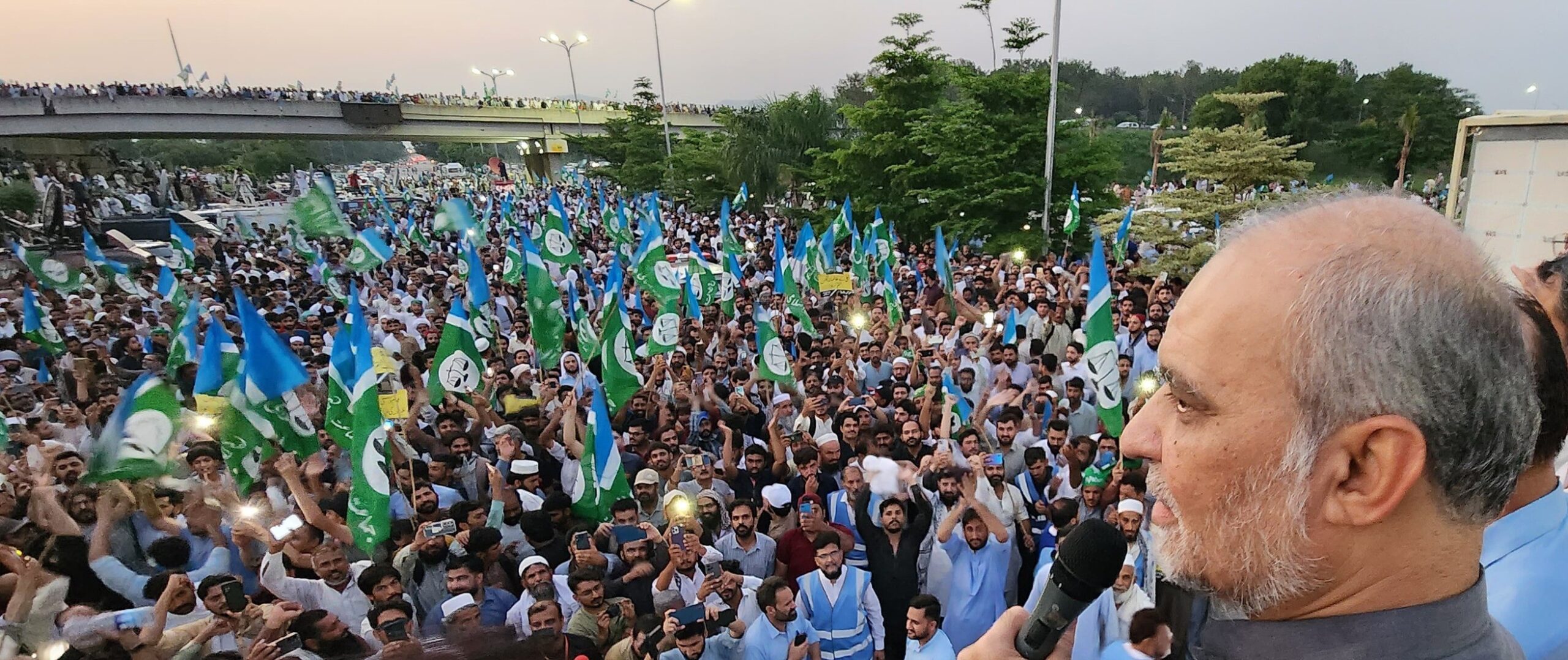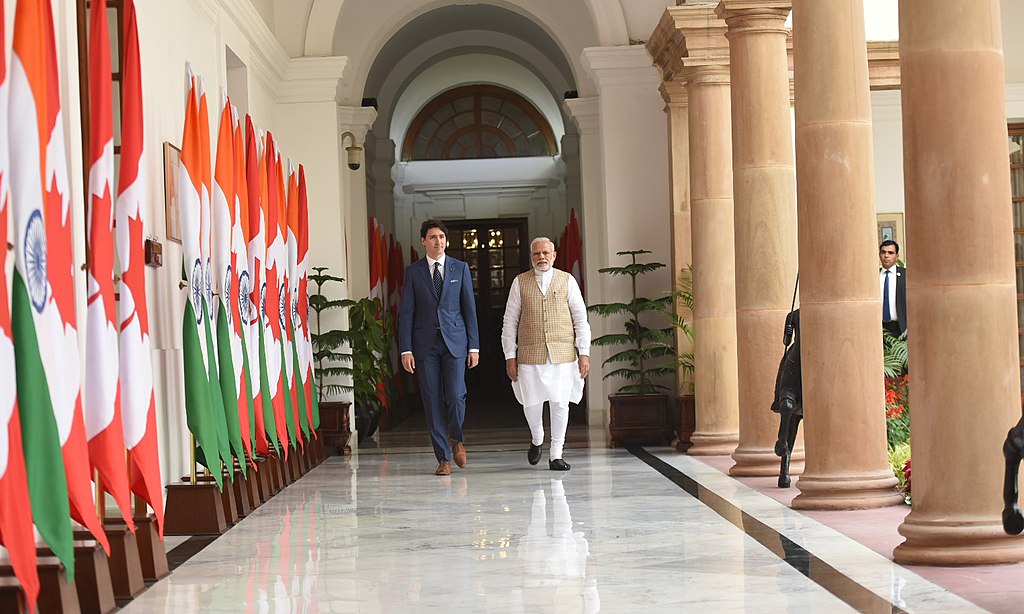This is a summary of the original article by Prof. Dr. Mohsin Mohammad Saleh that may be found here
The political landscape and alliances in the Arab region are constantly shifting, particularly in the aftermath of the Arab Spring uprisings and the ongoing conflicts in Syria and Yemen. It highlights the role of external powers, including the United States, Russia, and Iran, in shaping the regional balance of power and the formation of alliances.
Several key trends in the Arab region are worth noting in this regard. One trend is the increasing influence of Turkey and Qatar, which have sought to expand their influence through a combination of economic aid, military intervention, and support for Islamist groups. This has led to tensions with other regional powers, such as Saudi Arabia and the United Arab Emirates, which have accused Turkey and Qatar of supporting terrorism and destabilizing the region.
Turkey, in particular, has sought to reassert itself as a regional power through a more interventionist foreign policy, including military operations in Syria, Iraq, and Libya, and support for Islamist groups in these countries. It has also sought to increase its influence in the eastern Mediterranean and the Caucasus through energy deals and military cooperation with countries such as Azerbaijan and Georgia.
Qatar, for its part, has used its wealth and media influence to support Islamist groups and promote its foreign policy agenda in the region. It has also sought to build closer ties with countries such as Turkey and Iran, which have strained its relations with other Gulf countries such as Saudi Arabia and the UAE.
Another trend is the decline of traditional regional powers such as Egypt and Saudi Arabia, which have faced a range of challenges including economic downturns, political instability, and regional conflicts. This has led to a shift in the balance of power in the region, with new actors such as Turkey and Qatar emerging as key players.
Egypt, in particular, has faced economic challenges and political instability in the aftermath of the Arab Spring uprisings, and has struggled to assert itself as a regional leader. Saudi Arabia, meanwhile, has faced challenges including low oil prices, the costly war in Yemen, and tensions with the United States over issues such as human rights and the nuclear deal with Iran.
The role of non-state actors must not be underestimated at this juncture, such as militias and terrorist groups, in shaping the political landscape. In particular, it highlights the emergence of the Houthi movement in Yemen as a key player in the conflict there, and the role of Iran in supporting the group. The Houthis, who are allied with Iran and supported by its regional proxies, have been involved in a long-running conflict with the Saudi-backed government in Yemen, and have launched missile and drone attacks on Saudi Arabia.
Overall, the Arab region is experiencing significant political and strategic changes, and that these changes are likely to continue in the coming years. It suggests that the formation of new alliances and the shifting balance of power will have significant implications for the region and beyond.
The views expressed herein may not necessarily reflect the views of JI FAD and/or any of its affiliates

